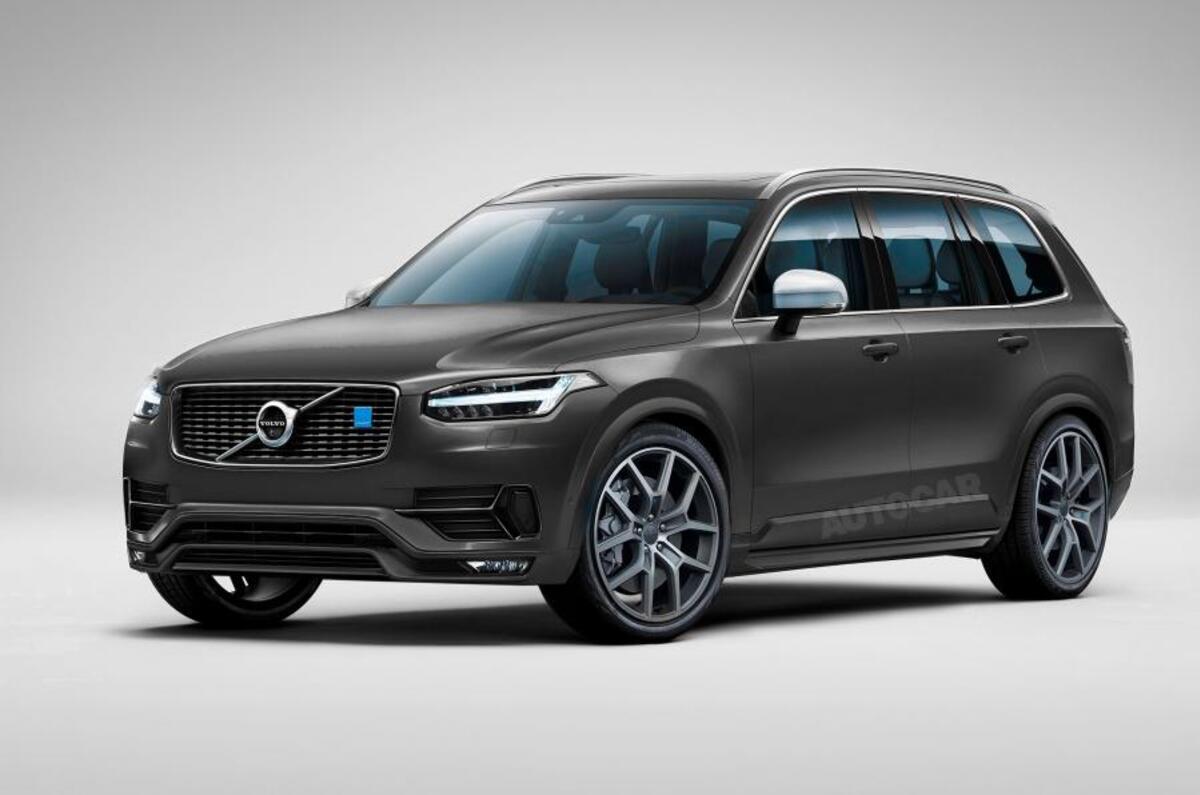Volvo will reinvent Polestar as a maker of high-performance electric cars, with the first model likely to be previewed later this year.
Polestar was acquired outright by Volvo in 2015, but before then it had long been known as a maker of powered-up Volvos and involved in racing Volvos.
Now Volvo is poised to reinvent Polestar as maker solely of plug-in hybrid and all-electric vehicles, Volvo boss Hakan Samuelsson told Autocar, with SUVs such as the new Volvo XC60 the most likely candidates for the Polestar treatment.
“We bought Polestar, and we now see Polestar as focused on ‘progressive premiumness’ and electrification,” he said on the eve of the Geneva motor show. Progressive premiumness, Samuelsson said, meant that Volvo was looking ahead to what people thought would be a premium performance car in five years time, and that would be electric-powered.
He said Polestar “would not be a high-performance petrol brand or model”, and would “move from petrol to electric”. He said electric meant “both plug-in hybrid and pure electric”, and Polestar models would be used to introduce new electric and connected technology that would be filtered down through the rest of the Volvo range.
Samuelsson said that Volvo was looking at a Formula E entry though Polestar to back up the brand’s electric credentials.
He said that Polestar would remain a sub-brand of Volvo and would not be spun off into its own brand as Mercedes-Benz is doing with AMG.
Volvo is committed to launching its own electric model in 2019 with a range in excess of 310 miles. It will be a version of an existing model rather than an all-new car, most likely the XC60 or Volvo XC90 SUVs, before the technology is offered across the rest of its range. It hopes to have sold one million plug-in hybrid and electric cars by 2025.
Volvo is also on track to hit its sales target of 800,000 units by 2020, according to Samuelsson, and to that end significant growth will be provided by the launch of the new XC60 and smaller XC40 models later this year. The S60 and V60 replacements will be in production by mid-2018, before a replacement for the V40 is launched and Volvo will then consider further additions to the 40-series family.
SUVs currently account for just over 50% of Volvo sales, but that is set to increase significantly with the launch of the all-new XC60 at Geneva, and the XC40 by the end of the year.








Add your comment